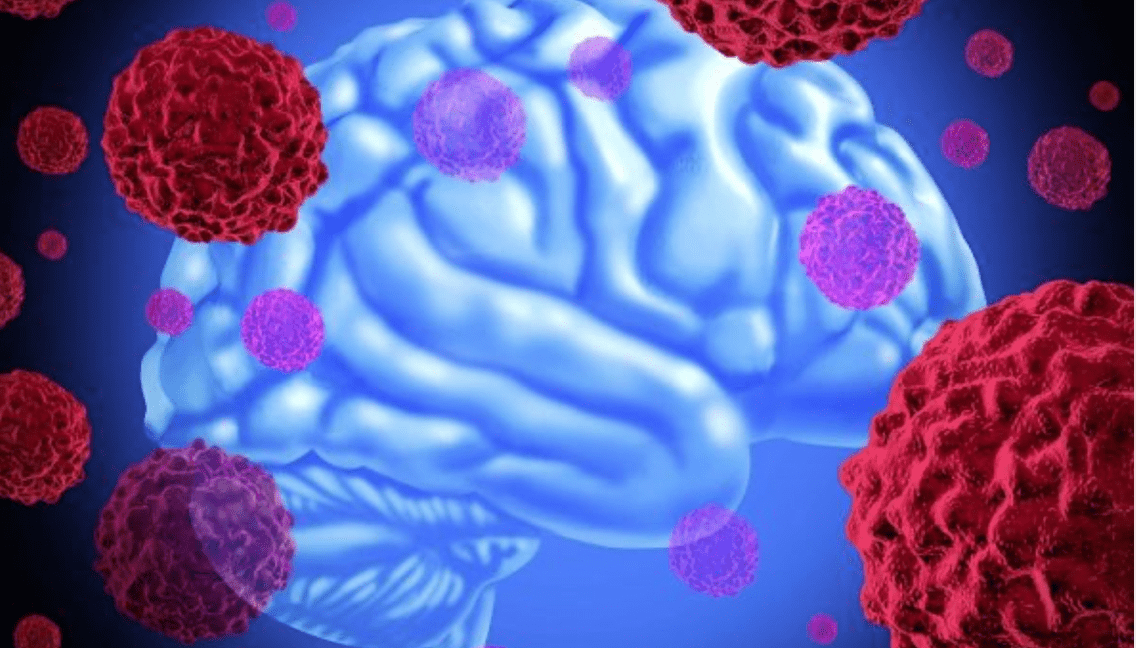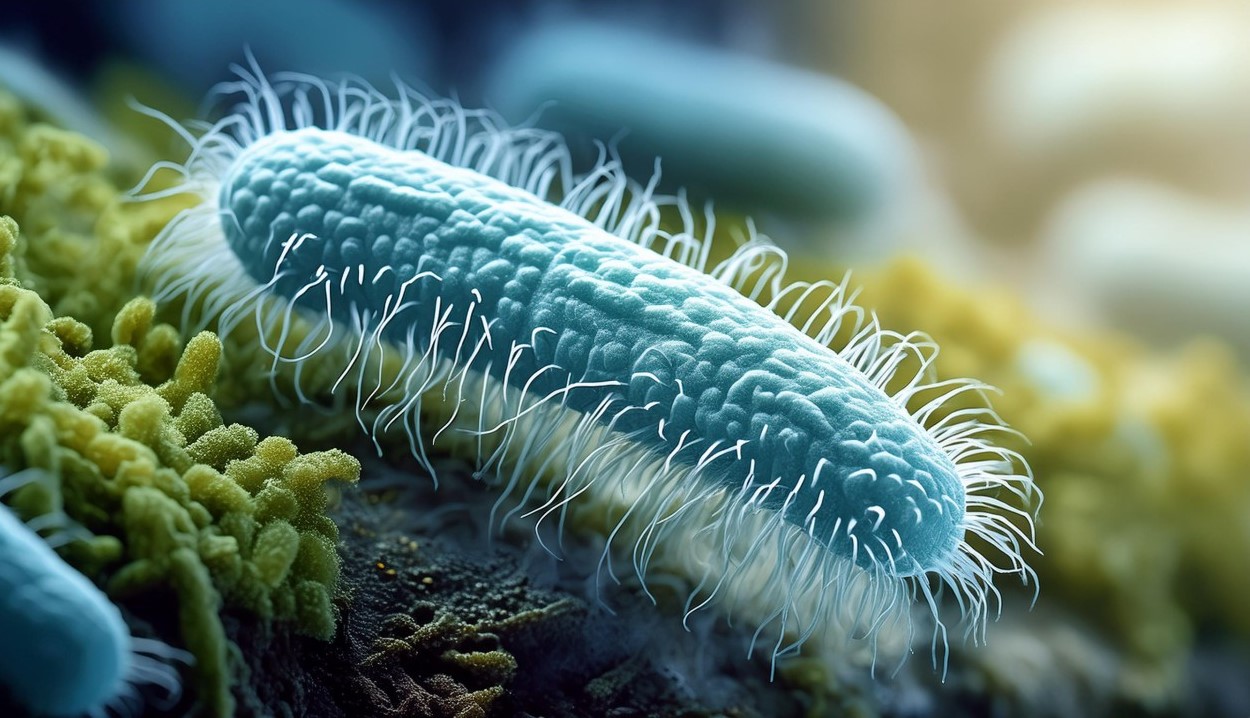-
 News
When glucose levels are low, chemotherapy ceases to affect cancer cells
News
When glucose levels are low, chemotherapy ceases to affect cancer cells
-
 News
Excessive treatment of prostate cancer in older men may reduce quality of life without increasing its duration
News
Excessive treatment of prostate cancer in older men may reduce quality of life without increasing its duration
-
 News
Brain cancer can be cured by viruses
News
Brain cancer can be cured by viruses
-
 News
Ways to reduce lymphatic pain in breast cancer have been found
News
Ways to reduce lymphatic pain in breast cancer have been found
-
 News
Scientists have turned bacteria into a powerful weapon against cancer
News
Scientists have turned bacteria into a powerful weapon against cancer
All news
Clinics for the treatment of endocrinological diseases
Endocrinology is an area of medicine that deals with problems of the endocrine system, which produces hormones and controls their action in the body. A doctor who specializes in endocrinology is called an endocrinologist. Endocrinologists diagnose and treat a wide range of endocrine disorders, including diabetes mellitus, thyroid disease, osteoporosis, growth hormone deficiency, infertility, cholesterol problems, hypertension (high blood pressure), obesity, and other disorders.
What happens when the endocrine system does not work properly?
Hormonal function is the process of achieving balance. Too much or too little of one hormone can affect the release of other hormones. In the event of a hormonal imbalance, some body systems begin to work incorrectly.
Often, these disorders can be eliminated by the body itself. The body has built-in mechanisms that allow it to monitor and respond to changes in hormone levels to bring them back to normal and restore balance.
However, sometimes this system malfunctions, and a problem arises that the body cannot fix on its own.
In this case, you should visit a domestic or foreign clinic to see an endocrinologist who specializes in the treatment of often complex (and often chronic) diseases that can affect several different body systems.
MedTour patients recommend clinics for the treatment of endocrinological diseases:
Doctors for the treatment of endocrinological diseases
Endocrine system functioning
The glands and organs of the endocrine system secrete hormones that regulate a number of vital functions in our body. These glands include the hypothalamus, pineal gland, pituitary gland, thyroid gland, parathyroid gland, adrenal glands, pancreas, testes, and ovaries.
All hormones in the body perform a specific task. There are up to 40 different hormones circulating in the bloodstream. After entering the bloodstream, each hormone travels throughout the body until it reaches its destination and fulfils its function. These destinations, called targets, can be located in other endocrine glands or in other organs and tissues of the body.
When a hormone reaches its target, it tells the corresponding part of the body what work it needs to do, when, and for how long. Hormones are often referred to as “messengers” because they help different parts of the body communicate. In general, they are involved in many processes in the body, including:
- control of blood sugar levels;
- growth and development;
- metabolism (the process of obtaining and maintaining energy in the body);
- regulation of heart rate and blood pressure;
- development and functioning of the reproductive system;
- reproduction;
- mood.
Published:
Updated:









